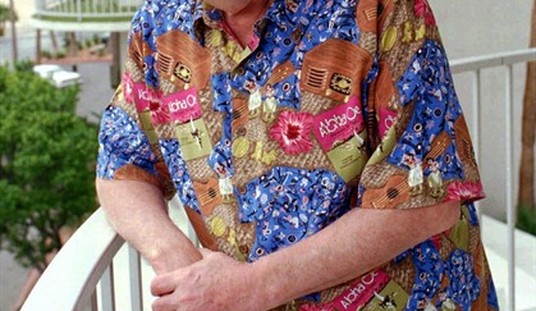Somehow, after six years of the Obama administration, this is not at all surprising:
For months, critics have questioned why the Missouri National Guard did not respond more quickly as buildings burned along Ferguson’s main business corridors. But even had guardsmen arrived sooner that night in November, interviews and newly released documents show they would not have had the authority to stop the violence.
The Guard was never meant to engage with protesters, Adjutant General Stephen Danner said on Tuesday. Troops were to stand guard over sites critical to the region, sometimes as invisibly as possible, documents show. Guardsmen were not authorized to shoot to protect property in Ferguson, make arrests, or even stop people from committing most crimes.
So if Guardsmen were basically just there to be invisible and do nothing, what was the plan?
“That was never the plan, to have the Guard in Ferguson,” Danner said. “When you’re dealing with a civil disturbance and a tight-knit group of folks coming at you, you cannot string your soldiers down the street like so many parking meters. That is a danger to them.”
Moreover, the Guard’s late arrival on Nov. 24, after violence swept through Ferguson, wasn’t his call. The Guard was waiting for orders from the Missouri Highway Patrol, Danner said. And the Highway Patrol’s field operations commander, Maj. Bret Johnson, said he simply couldn’t see how the Guard would help, at that moment, without taking lives.
In other words, the Guardsmen were there so as not to get hurt. Because, after all, safety first.
“And we made that decision to choose life over property,” Johnson said. If the Guard had tried to stop the arson and looting on Nov. 24, “the only way to stop that, with the amount of people there, would have been with deadly force. We would have used citizen soldiers against our citizens of the state of Missouri.”
Protestors gotta protest. Only difference now is, they do it consultation with the cops:
In planning for the grand jury announcement, the command staff met with a coalition of protesters, Johnson said. They built a plan to keep police out of riot gear. The protesters contended those tactics had incited violence in August, he said.
“If that was the case and we’re trying to do everything from our part to keep things calm, why would we have military soldiers in areas we knew were going to be active protest areas?” said Johnson, whom Nixon has nominated to become the next patrol superintendent. And there’s nothing now, Johnson said, that he’d do differently.
Good grief.









Join the conversation as a VIP Member